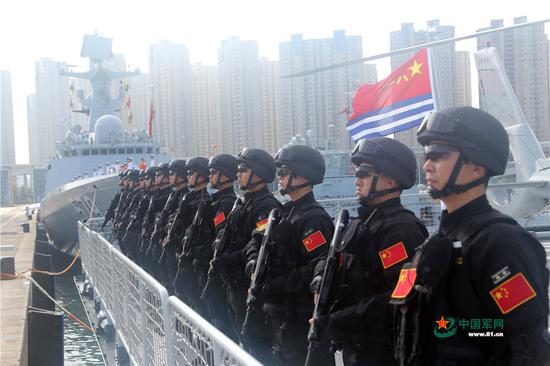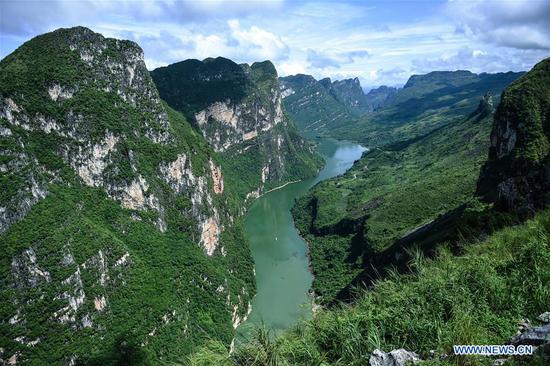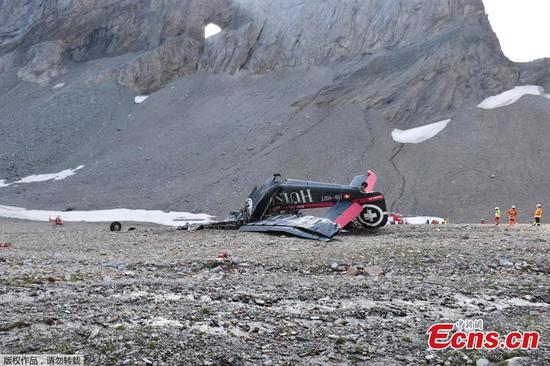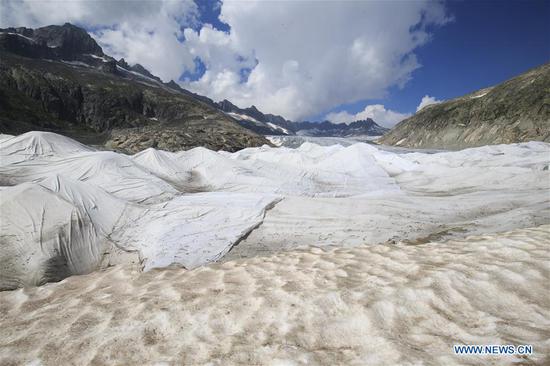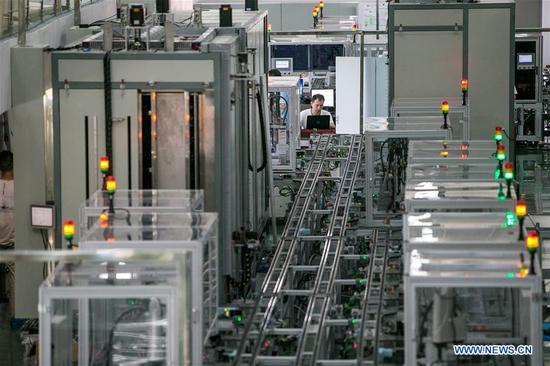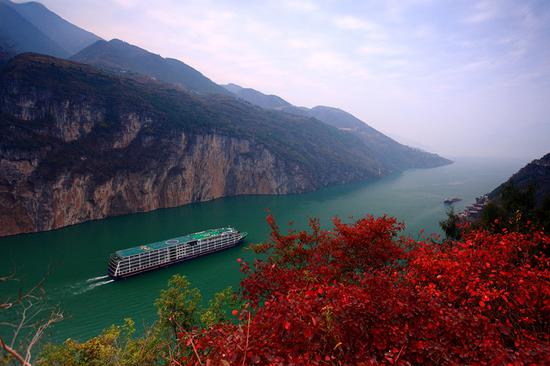
A cruise liner carries passengers along an upstream section of the Yangtze River. (Photo/China Daily)
Dredging operation
In addition to ship design, another bottleneck for deep-draft vessels heading to Wuhan along the Yangtze are the shallow shoals along the middle reaches of the river, which mean large vessels can only sail upstream during the flood season, which normally lasts from July to August.
For vessels with a displacement of 10,000 tons, like Wu's, to pass safely, the water must be at least 6 meters deep. However, the depth on many stretches of the Yangtze downstream from Wuhan to Anqing, Anhui province, is 4.5 meters during winter.
That means the route is only suitable for vessels with a displacement of 5,000 tons, according to Tang Guanjun, director of the Changjiang (Yangtze) River Administration of Navigational Affairs.
The administration, which is under the jurisdiction of the Ministry of Transport, oversees river transportation and coordinates waterway construction across several provinces along the Yangtze.
"If we can solve the problem of navigational depth, the Yangtze River route will become a 'highway on the water'," Tang said, quoted by the China Shipping website. "And Wuhan can play an important role in achieving that goal."
Project 645-the process of dredging the Yangtze to increase the depth of the waterway between Wuhan to Anqing to 6 meters, and to 4.5 meters from Wuhan to Yichang, a city upstream-is the key to the problem.
The project has been listed in the 13th Five-Year Plan (2016-2020), the top social and economic development initiative issued by the State Council, China's Cabinet.
According to Wang Yanghong, director and Party chief of the Port and Shipping Administration Bureau of Hubei province, dredging work started on the first leg of the project, a 16-km stretch in Hubei's Qichun county, in November.
Meanwhile, work on the 12 other legs, running from Wuhan to Anqing, will start as early as October.
"The dredging of the Qichun leg will be finished by the end of 2019," Wang said.
"By 2020, when the whole project is completed, Wuhan will see 10,000-ton ships using its ports all year round."










